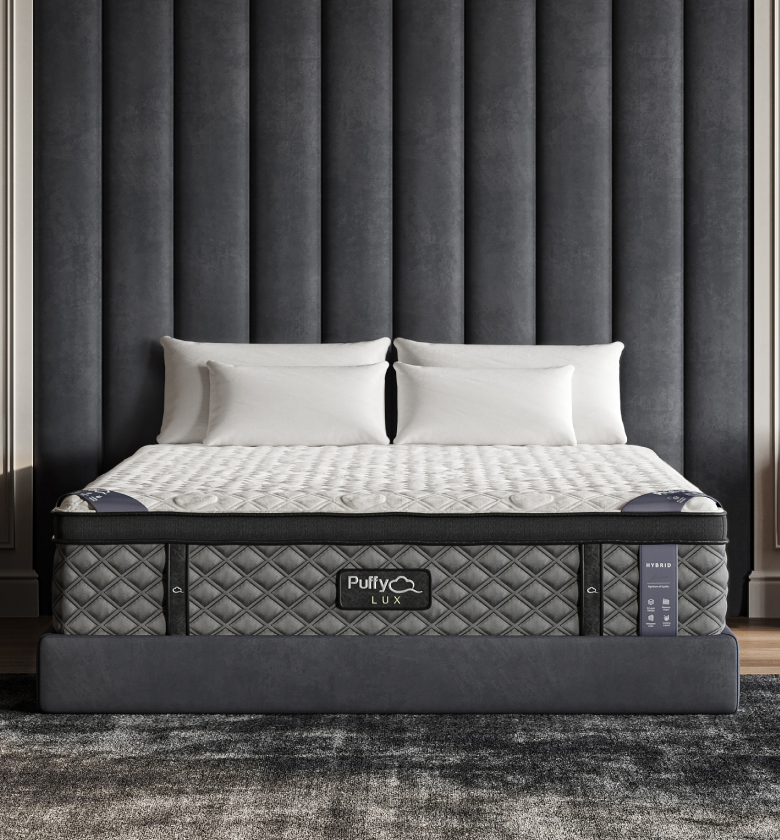Key Takeaways
- Explore whether anti snore pillows work and how they can impact sleep quality.
- Understand how anti-snoring pillows are designed to reduce airway obstruction.
- Learn different types of anti-snore pillows and which sleeping positions they benefit most.
- Find out practical tips for choosing the right anti-snore pillow for your needs.
- Combine the benefits of pillows with mattress solutions for even better sleep.
Snoring isn’t just a nighttime nuisance—it can disrupt your sleep, your partner’s sleep, and your overall well-being.
In the quest for a quieter night, many people turn to anti-snore pillows. But the real question is: do anti snore pillows work?
In this guide, we’ll dive into the effectiveness of anti-snore pillows, how they work, and whether they’re the solution you’ve been dreaming about.
Do Anti Snoring Pillows Work
The good news is—yes, in many cases they do work! But it’s important to understand how and for whom they are most effective.
How Anti-Snore Pillows Help:
-
Promote better alignment: By properly aligning your head, neck, and shoulders, these pillows help keep airways open and reduce the likelihood of nighttime breathing interruptions.
-
Encourage side sleeping: Many snorers experience louder snoring while sleeping on their backs. Anti-snore pillows often encourage side sleeping by providing subtle shaping or support that naturally guides the body into a more favorable sleep position.
-
Reduce soft tissue collapse: Elevating the head slightly can prevent soft tissues in the throat from collapsing and obstructing airflow, helping maintain a steady, unobstructed breathing pattern throughout the night.
-
Enhance muscle relaxation: Proper elevation and support reduce unnecessary strain on neck and throat muscles, promoting more relaxed breathing and minimizing vibrations that cause snoring.
When They Work Best:
-
For mild to moderate snorers who are looking for a non-invasive, easy solution.
-
For positional snorers (those who mainly snore while on their back) who can benefit significantly from slight adjustments in sleeping posture.
-
When paired with other healthy sleep habits like maintaining a clean, allergen-free sleeping environment, using quality bedding materials, and ensuring optimal mattress support.
After years of disrupted sleep thanks to one chronic snorer in our family, switching to a supportive anti-snore pillow—and pairing it with our Puffy Lux Mattress for optimal back alignment—made a noticeable difference within just a few nights!
How Do Anti Snore Pillows Work
These specialized pillows are all about better positioning and airflow.
Key Functions:
-
Elevate the head and neck at the right angle to reduce airway compression, allowing for smoother airflow and minimizing the vibrations that cause snoring.
-
Encourage side sleeping with contours or wedge shapes that make back sleeping less comfortable, naturally guiding the sleeper into a healthier side-sleeping posture that keeps airways more open.
-
Stabilize the jaw in a slightly forward position to prevent mouth breathing, which reduces dryness in the mouth and throat and can lower the risk of sleep disruptions linked to snoring.
-
Support proper back alignment by maintaining a balanced position between the neck, shoulders, and upper back, which contributes to overall sleep comfort and breathing efficiency.
Different Types of Anti Snore Pillows
Wedge Pillows:
-
Sloped design elevates the upper body.
-
Good for back sleepers who can’t easily switch to side sleeping.
Contour Pillows:
-
Dips and curves that cradle the head and neck.
-
Often designed to encourage side sleeping.
Memory Foam Pillows:
-
Offer firm support and adapt to your unique shape.
-
Ideal for reducing pressure points that can worsen snoring.
Cervical Pillows:
-
Focus on neck support and posture alignment.
-
May reduce snoring caused by poor sleeping posture.
What to Look for When Choosing an Anti Snore Pillow
-
Firmness: Medium to firm is typically best.
-
Material: Breathable memory foam or latex to prevent overheating.
-
Height: Enough elevation to open airways without being uncomfortable.
-
Shape: Choose wedge, contour, or cervical based on your preferred sleep position.
-
Maintenance: Removable, washable covers help maintain hygiene.
Since adding anti-snore pillows to our setup, combined with the cooling airflow of our Puffy Cloud Mattress, everyone’s sleep—including the dog’s—has been much quieter and more restful!
Tips for Enhancing Anti-Snore Pillow Effectiveness
-
Maintain a healthy sleep routine and regular sleep schedule.
-
Keep your head and shoulders aligned—don’t stack multiple pillows.
-
Pair pillows with an adjustable base if possible for fine-tuning elevation.
-
Address allergens with mattress protectors and frequent bedding washes.
When Anti-Snore Pillows May Not Be Enough
If snoring persists despite using a high-quality pillow, it may be a sign of a more serious condition like sleep apnea. In these cases:
-
Consult a sleep specialist.
-
Consider additional treatments like CPAP therapy.
-
Explore lifestyle changes such as weight management, limiting alcohol before bed, and nasal breathing aids.
Final Thoughts
So, do anti snore pillows work? For many people, they absolutely do—especially when snoring is mild to moderate and tied to sleep position or minor airway obstruction.
Anti-snore pillows can create a dramatic improvement in nighttime breathing, comfort, and overall sleep quality.

- 8 layers of cloudlike luxury.
- Medium-plush feel.
- Gel-infused cooling.
- 101-night sleep trial.












